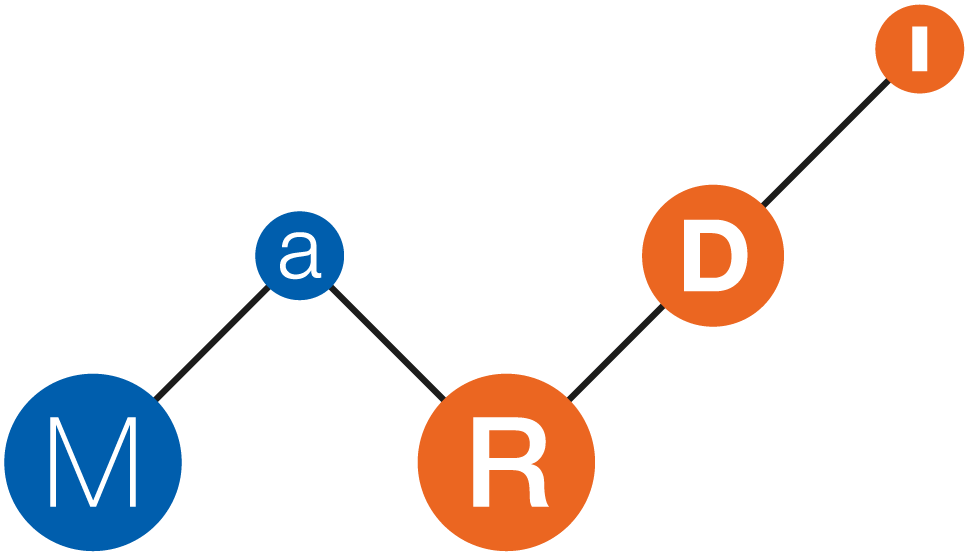Mission
The project-oriented research at the Weierstrass Institute is characterized by combining the mathematical disciplines of analysis, stochastics and numerics. This combination has great potential for solving complex applied problems such as the reliable extraction of information from large datasets or the suitable consideration of uncertainties in describing processes. In this way, the institute aids in solving current societal challenges.
Research
The institute dedicates itself to fundamental mathematical research as well as the development of algorithms and scientific software. During the problem-solving process, mathematical models of physical and technological systems are designed that properly capture observed phenomena, thereby providing access to highly developed mathematical analysis. At WIAS the phases of the solving process are repeated and coordinated until an optimal solution is found.
News
IHP and WIAS organize MMS Days 2026
The central workshop of the Leibniz MMS Research Network will take place at the Leibniz Institute for High Performance Microelectronics (IHP) Frankfurt/Oder from March 2-4, 2026.
Events
Wednesday, 04.03.2026, 11.30 (WIAS-406)
Seminar Interacting Random Systems
A. Bobenko, TU Berlin:
Dimers and M-curves: Limit shapes from Riemann surfaces
Jobs
PostDoc (2026/01)
Iris Runge Program for female mathematicians in their early postdoctoral phase
Student Assistant (2026/02)
Administration
Research Assistant Position (f/m/d) (2026/03)
Multi-physics simulations of novel semiconductor laser diodes for theoretical prediction of the electro-optical properties of real devices





